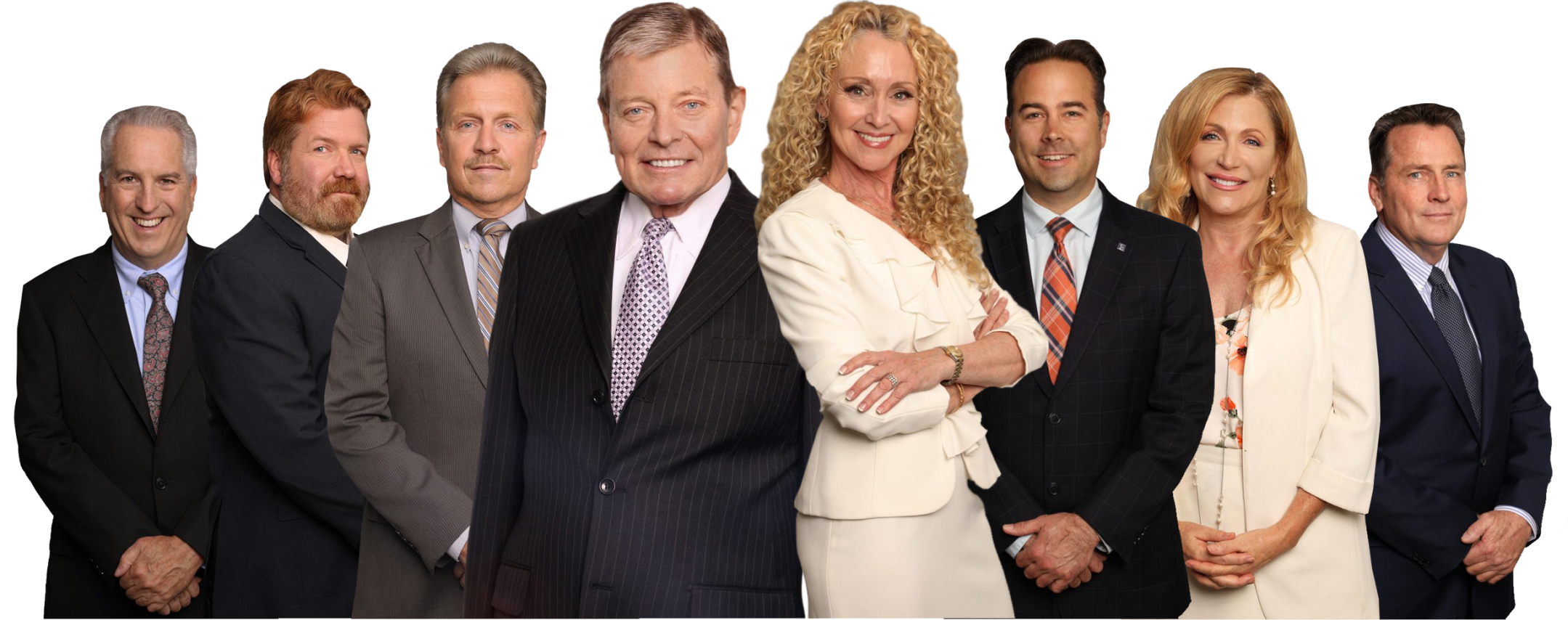Hawaii law requires that residents seeking a license to openly carry a firearm in public must demonstrate “the urgency or the need” to carry a firearm, must be of good moral character, and must be “engaged in the protection of life and property.”
George Young applied for a firearm-carry license in 2011 but failed to identify “the urgency or the need” to openly carry a firearm in public. Instead, Young relied upon his general desire to carry a firearm for self-defense. Young’s application was denied. Young brought a challenge to Hawaii’s firearm-licensing law under the Second Amendment and the Due Process Clause of the Fourteenth Amendment. The district court upheld Hawaii’s statute. The en banc Court first held that the scope of its review would be limited, i.e., there was no need to determine whether Hawaii properly applied the “urgency or need” requirement, because Young did not challenge the denial on that ground. The Court noted that it had previously held individuals do not have a Second Amendment right to carry concealed firearms in public. The issue, in this case, was whether individuals have a right to carry firearms openly in public. To answer that question, the Court first considered whether Hawaii law affects conduct protected by the Second Amendment.
Majority Opinion
Taking up most of the 127-page opinion, the Court reviewed the history of early English and American regulation of carrying arms openly in the public square. After reviewing state laws in place at the time the Constitution was ratified, the Court concluded that restrictions on the open carrying of firearms were longstanding, and since there is no Second Amendment guarantee to unfettered, general right to openly carry arms in public for individual self-defense, Hawaii’s firearms-carry statute is lawful.
Dissenting Opinion
Four of the eleven judge panel disagreed saying the statute destroys the core right to carry a gun for self-defense outside the home and is therefore, unconstitutional. In the dissent’s opinion, the majority’s decision undermines not only the Constitution but the foundational principles of American popular sovereignty itself.
What does this mean in California?
Since California generally prohibits people from openly carrying loaded firearms (both handguns and long guns) in public, this decision does not change current California gun safety laws. It is expected that the plaintiff will seek review petition the United States Supreme Court to review this decision. If the Supreme Court overturns the Ninth Circuit and holds that, under the Constitution, an individual has the right to carry firearms openly in public for self -defense, then any law, in any State (including California) which would restrict such a right, would be subject to challenge. It would be soon thereafter, that individuals would be seen attempting to exercise such a right in churches, schools, legislative buildings and even grocery stores. This could be especially troublesome now that manufacturers are making miniature versions of the AR-15, (and other assault rifles), in the guise of a pistol.
Stay Tuned and Stay Safe!
Robert Rabe is Stone Busailah, LLP’s writs and appeals specialist. His 41 years practicing law include 16 years as a Barrister, Supreme Court of England and Wales, practicing in London, England.





